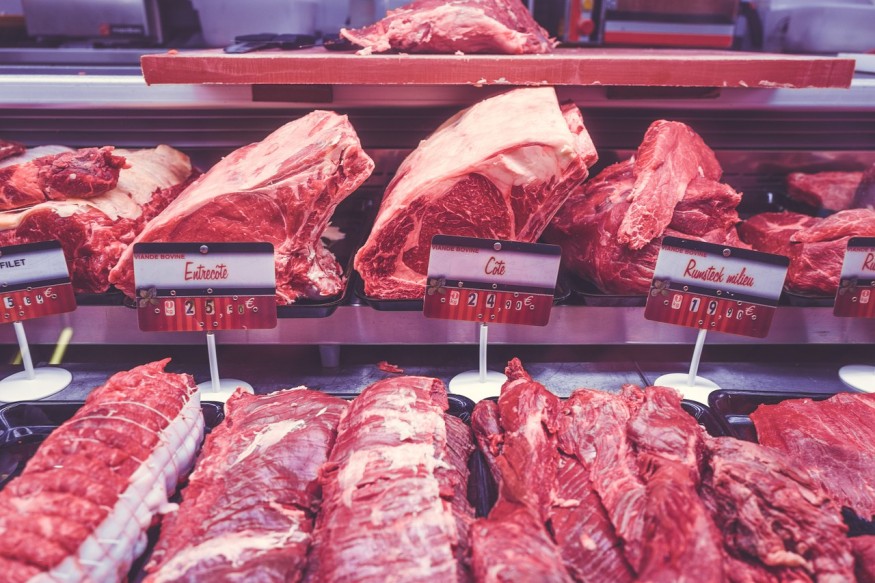Gene-edited meat from "super pigs" could become available in British supermarkets in the next five years as experts signed an agreement to breed the disease-resistant animals.
Scientists from the University of Edinburgh's Roslin Institute will work together with genetics company Genus to produce these super pigs that are resistant to a respiratory disease called Porcine Reproductive and Respiratory Syndrome (PRRS). The disease is one of the most costly animal diseases that could cost around $2.5 billion every year.

Gene-Edited Meat from Disease-Resistant Super Pigs
The University of Edinburgh's Roslin Institute has previously created pigs that are resistant to the PRRS disease by editing their genes, Daily Mail reported. They hope that the new licensing agreement could make it possible to make these super pigs available to global pork-producing markets.
Although there is no exact time yet, the team hopes it could become available to British supermarkets within five years. The agreement came after 25 years since the institute made history in cloning Dolly the sheep, which opened the doors to the gene-editing industry today.
The team's breakthrough came by removing the small section of the gene that codes the receptor where the virus would attach itself but leaves the rest of the molecule intact. They aim to produce generations of super pigs with this specific DNA change. Meanwhile, Genus is working to submit the required studies to the FDA, which should be completed by the end of 2003.
Genetically modified animals have been banned from the food chain in Europe, but the regulations did not specify whether this is also applicable to gene-edited animals. Unlike gene-editing, genetically modifying an organism involves introducing genes from other species into an animal.
Genus will be selling the gene-edited trait to as many people as possible to help reduce the spread of the virus. But before the gene-edited meat can hit the shelves, it will undergo quality testing over multiple generations of gene-edited pigs.
ALSO READ : Scientists Who Cloned Dolly the Sheep is Creating Potential Coronavirus Cure Using Immune Cells
Dolly the Sheep Paved the Way for Reprogramming Cells
The birth of Dolly, the Sheep, was a shift in science. Before her, it was unknown whether it was possible to reprogram the cells.
Stem cell biologist Robin Lovell-Badge said that Dolle the Sheep was proof that the nucleus of an adult cell contains all the DNA necessary to produce another animal.
"Dolly was the first example of taking an adult cell and getting an adult," Lovell-Badge says, as quoted by Scientific American. "That meant you could reprogram an adult cell nucleus back to an embryonic stage."
She was made from breast cells and named after the famous singer Dolly Parton, who was known for her voice and large chest. According to The New York Times, Dolly the Sheep died on February 14, 2003, at the age of six due to a lung infection that is common among animals who were secluded and not given access to the outdoors. Scientists said that her death might not be due to her being a cloned animal.
RELATED ARTICLE : Everything You Need To Know About Gene Editing
Check out more news and information on Gene Editing in Science Times.










